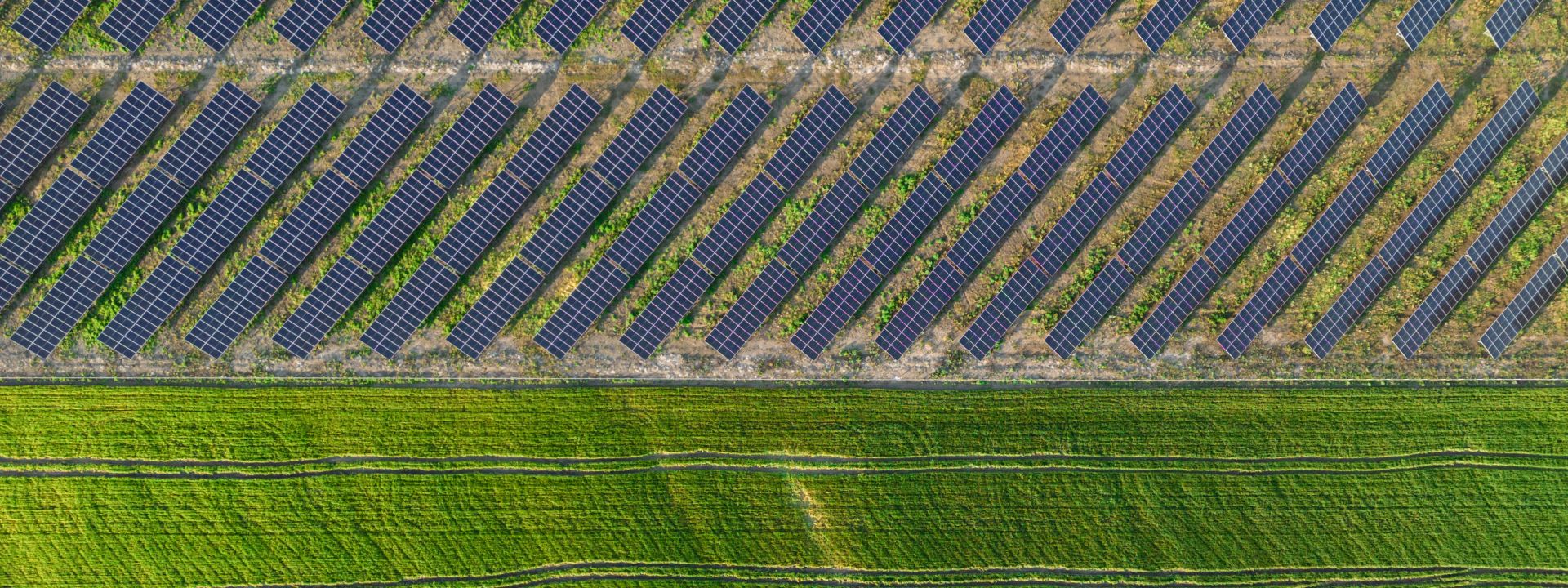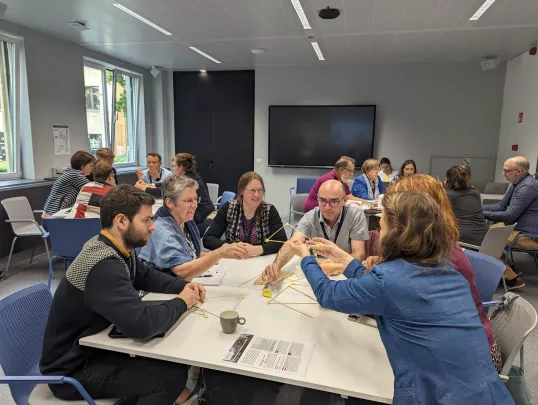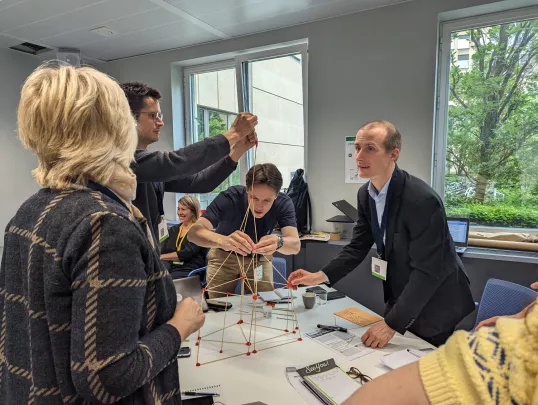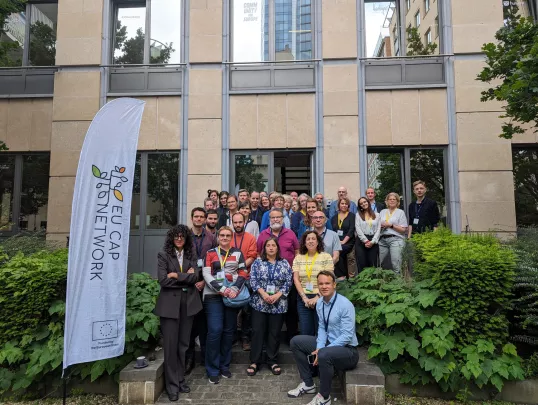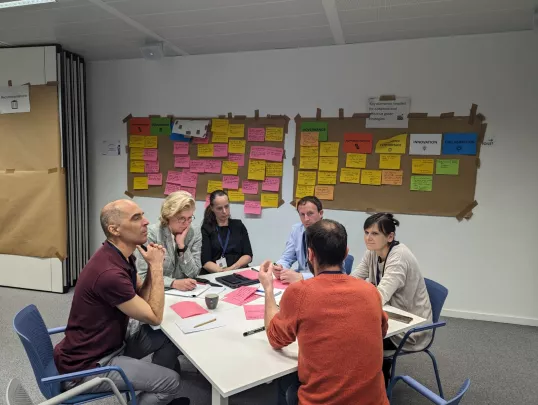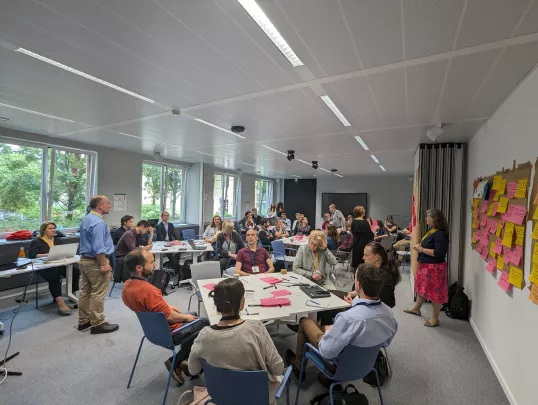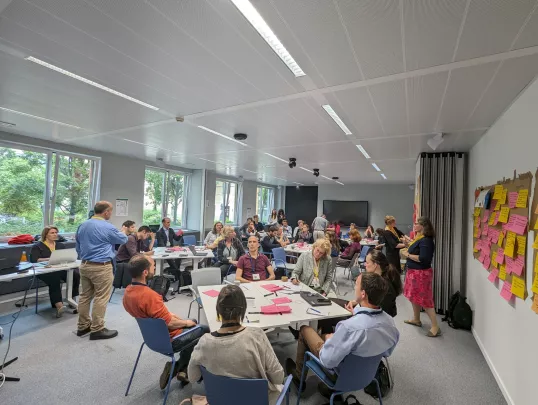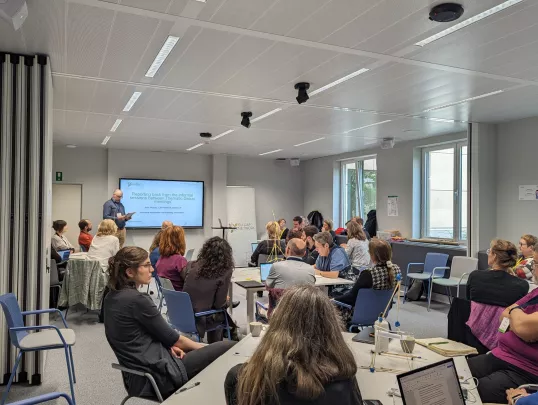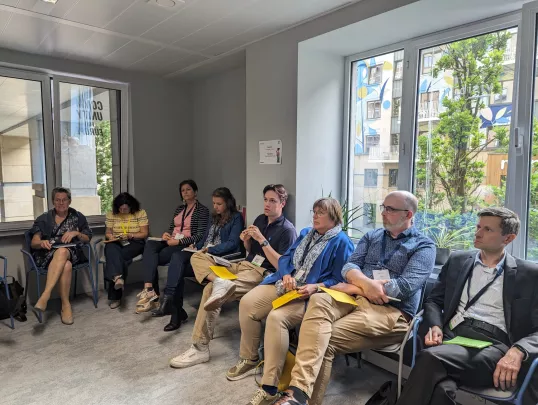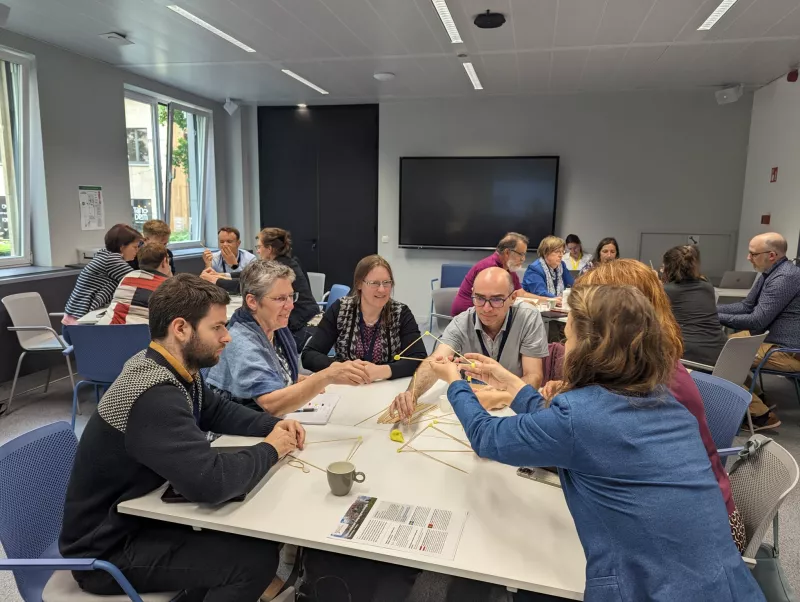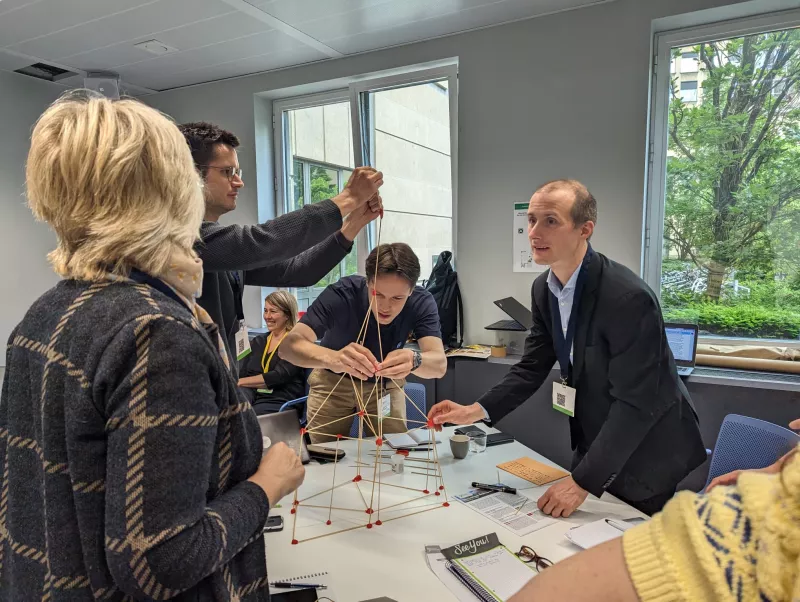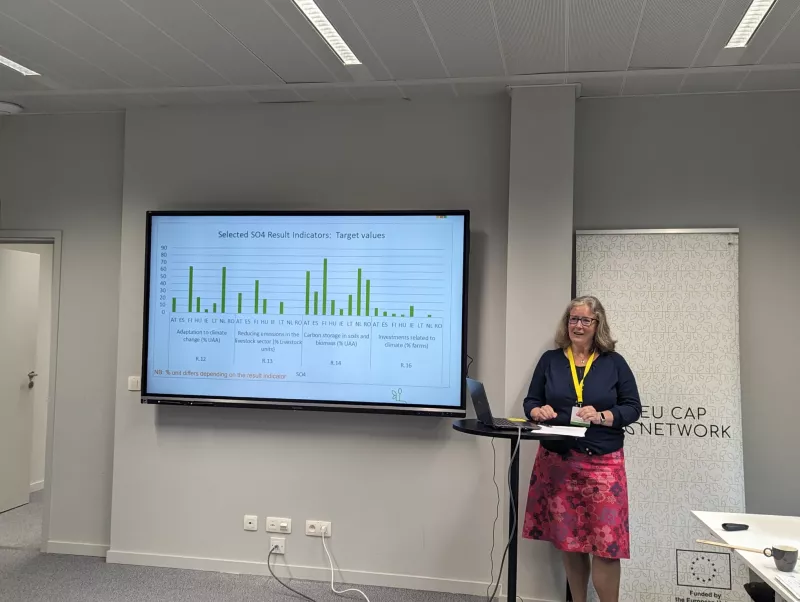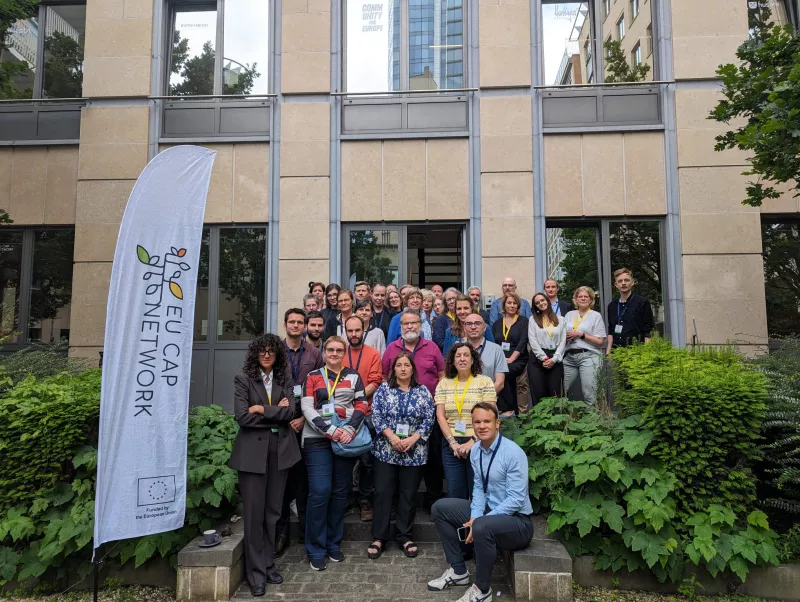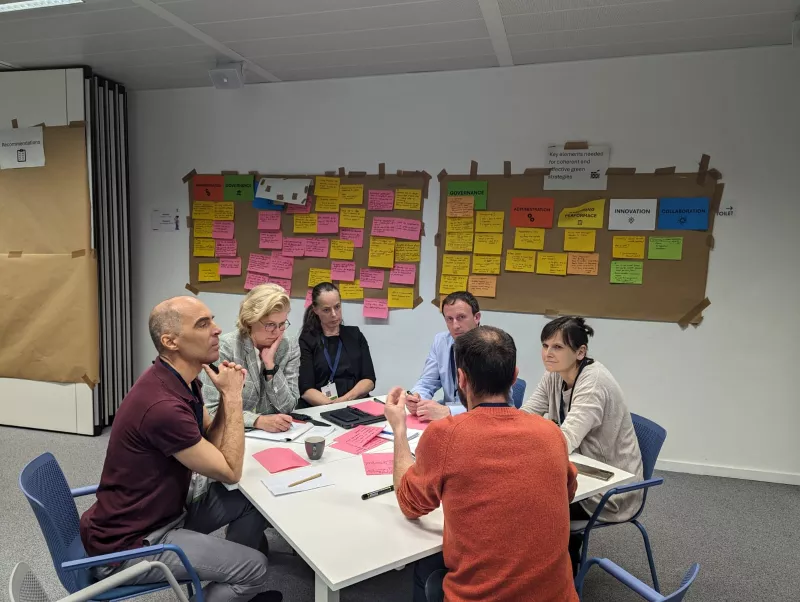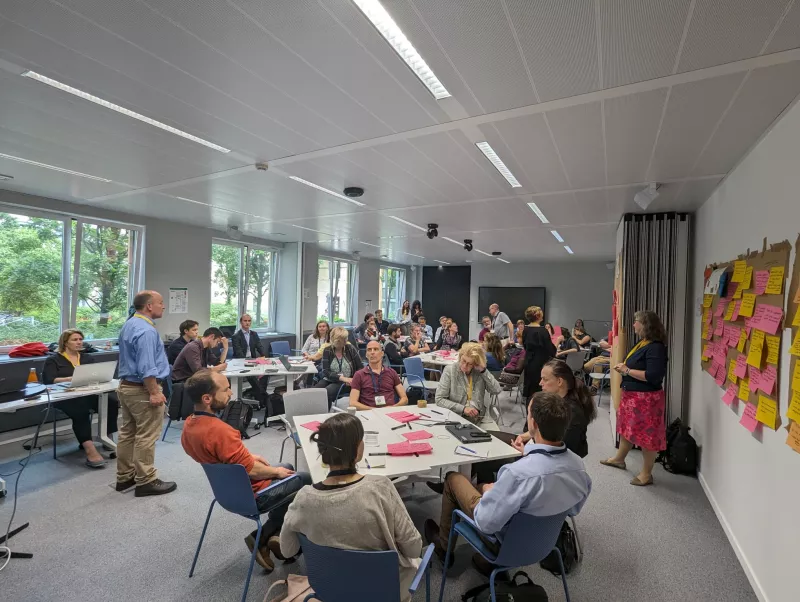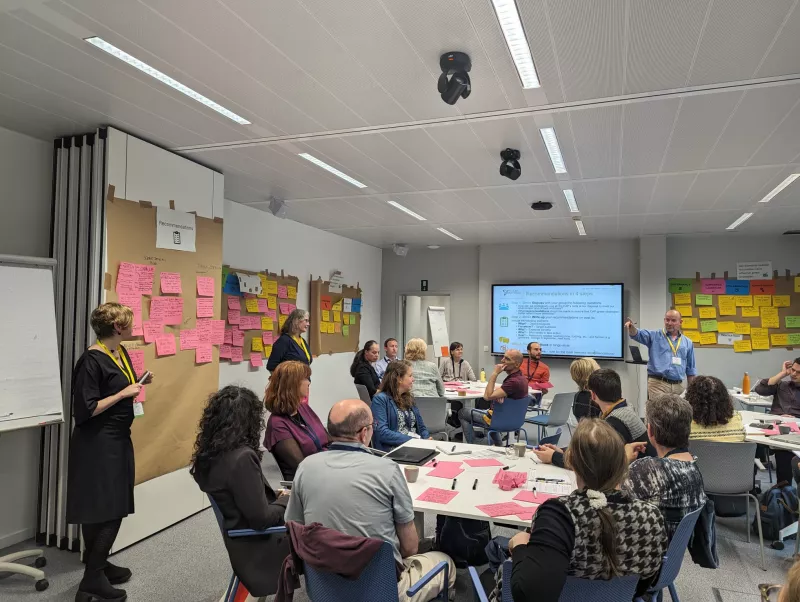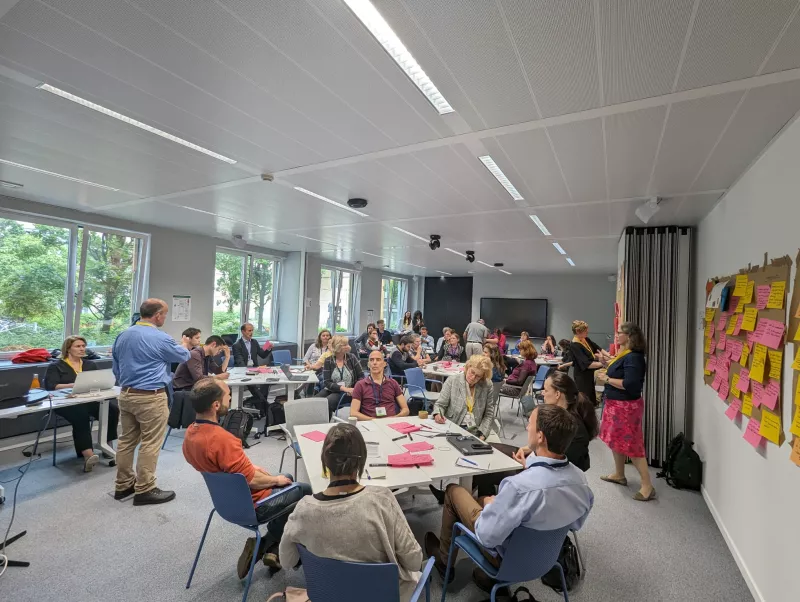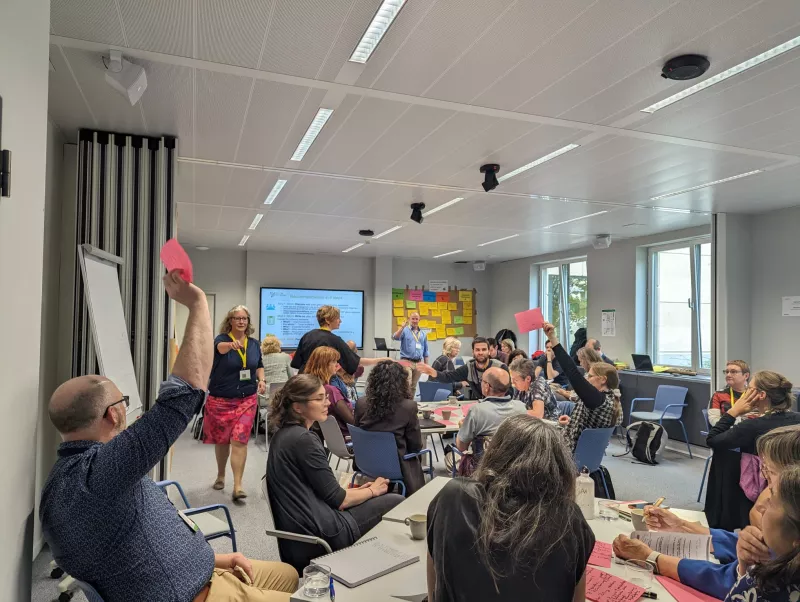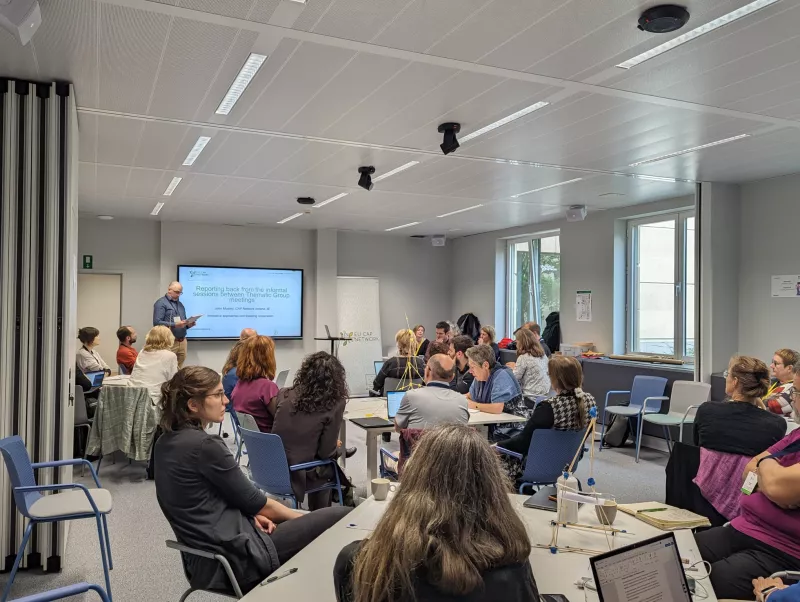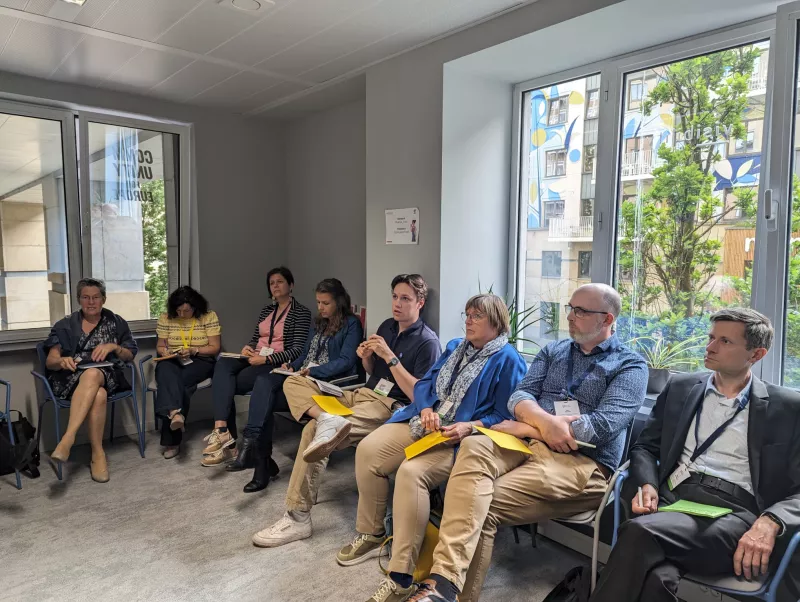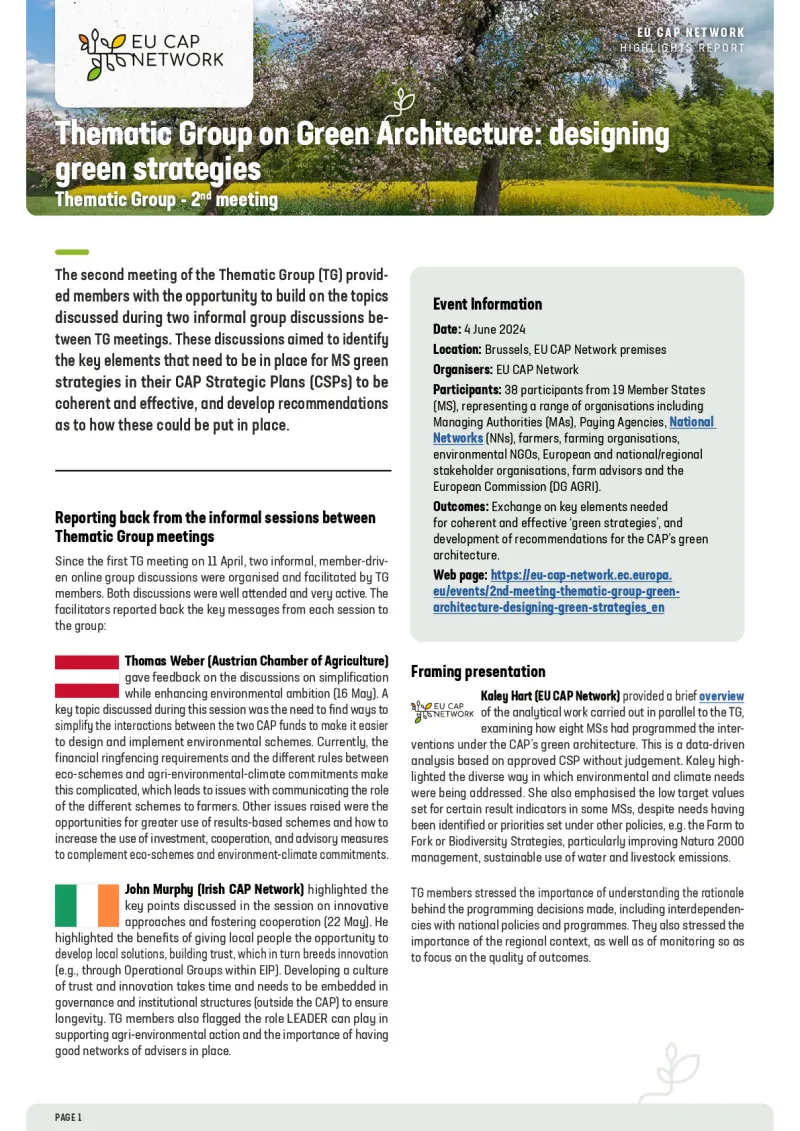This was the second and final meeting of this Thematic Group (TG).
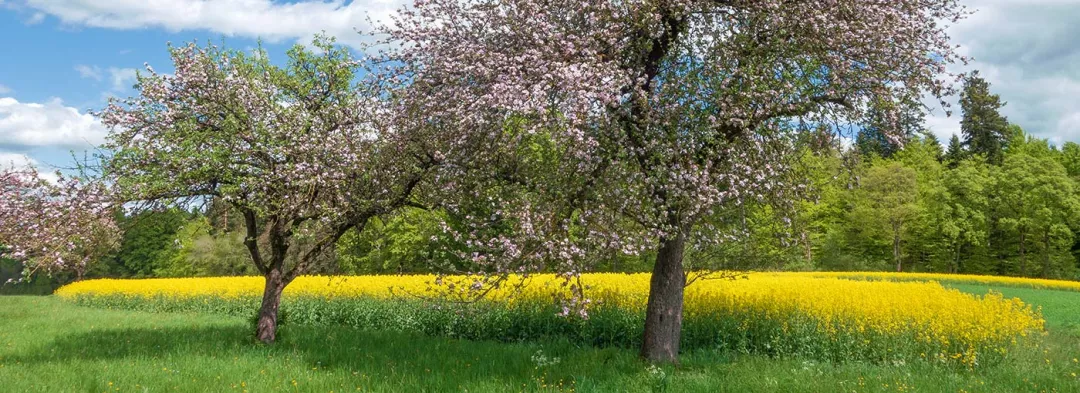
The CAP’s ‘Green Architecture’ is the suite of rules and tools for improving the environmental and climate performance of farming, food production, land management and rural areas. It sets conditions for the receipt of certain payments (conditionality) and includes various interventions such as eco-schemes, agri-environment-climate schemes, compensation for area specific disadvantages, as well as green and non-productive investments, knowledge exchange and cooperation.
The second meeting of the TG discussed in detail the topics that TG members have identified as priorities during the activities between the meetings. It explored the merits of Green Architecture to address Member States’ climate and environmental needs and proposed recommendations on how to improve the design and uptake of different interventions to deliver the desired outcomes.
Aims of the second TG meeting
- Share challenges and ideas related to Green Architecture, with a particular focus on possible simplification while enhancing environmental ambition, innovative approaches and cooperation.
- Explore opportunities to build robust and effective green strategies that are coherent and fit for purpose.
- Develop recommendations for developments and implementation of green strategies in the context of the CAP.
Programme
Agenda - Thematic Group on Green Architecture – Designing Green Strategies - Second Meeting
(PDF – 379.97 KB)
Additional info
Venue
EU CAP Network
Avenue des Arts 9 bis Brussels 1040 Belgium
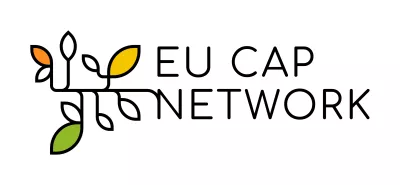
Organiser

EU CAP Network
EU Stakeholders
